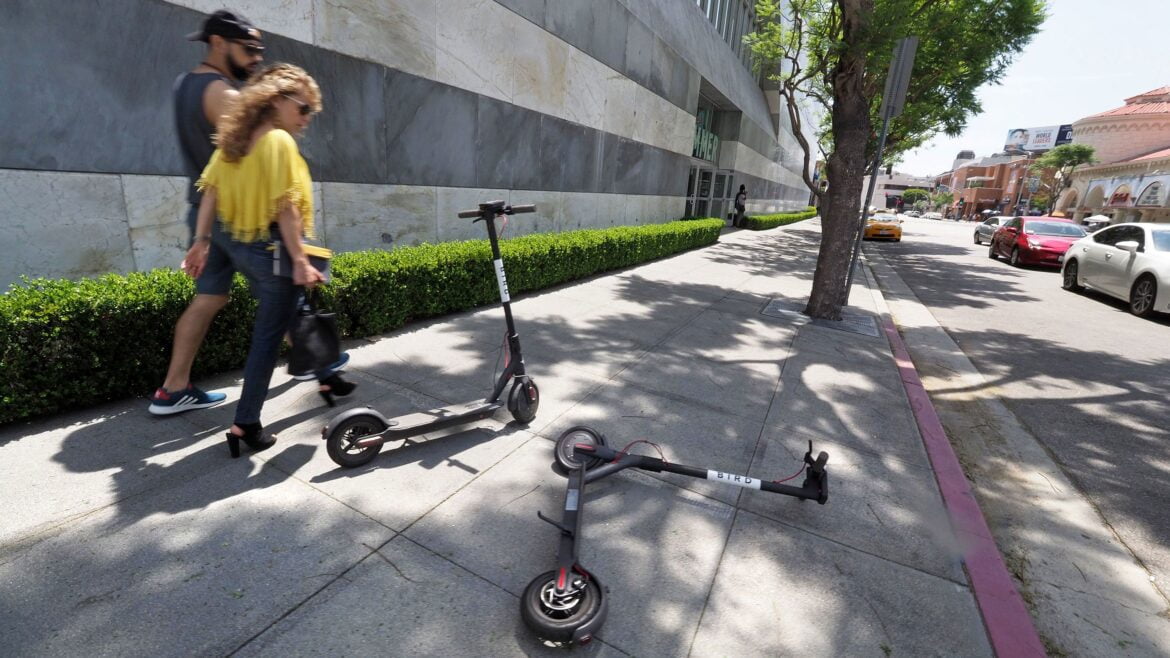Electric scooters, or e-scooters, have become a common sight in many cities around the world. They offer a convenient and eco-friendly way to travel short distances. However, their rapid adoption has also led to a variety of problems and challenges.
Common E-Scooter Injuries
Injuries related to e-scooters are on the rise. The most common injuries are cuts, fractures, and head injuries. Some of these injuries are severe. Many of these injuries are caused by incidents with motor vehicles or user-control issues of the e-scooter.
- Cuts
- Fractures
- Head injuries
Why Children Should Not Ride E-Scooters
Children are particularly vulnerable to injuries on e-scooters. Their smaller size and lack of experience make them more susceptible to accidents. It is generally advised that children should not ride e-scooters for safety reasons.
Challenges of Electric Scooters
Electric scooters bring several challenges to city infrastructure and daily life:
- Use of e-scooters on pavements
- Lack of proper regulatory framework
- Reckless driving
- Damage to parked vehicles
- Drunken users
- Multiple people riding the same e-scooter
Reasons for E-Scooter Bans
Some cities have decided to ban e-scooters. One primary reason is the risk of them catching fire. This risk is tied to the fact that regulations on the batteries in these scooters are not very strict. In some places, e-scooters are banned from public transport due to these safety concerns.

Credit: www.cnn.com
Risk Factors of Electric Scooters
Several risk factors contribute to the dangers of riding e-scooters:
- Breaking traffic rules
- Riding too fast
- Parking inappropriately
Crash databases and insurance claims show a rise in accidents as the number of e-scooters increases.
Complaints and Concerns
E-scooters have triggered numerous complaints in cities. Common issues include clutter and blocked sidewalks. When ridden, scooters often become sidewalk bullies, posing a danger to pedestrians.
- Clutter
- Blocked sidewalks
- Danger to pedestrians
Regulating E-Scooters
Different cities have taken various approaches to regulate e-scooters. Some cities, like New Orleans and Las Vegas, have strict ride-share e-scooter bans. Paris also voted to ban e-scooters. Other cities are still experimenting with regulations to balance the benefits and drawbacks of e-scooters.
Common Regulatory Measures
City staff from various locations have cited major drawbacks to e-scooter pilot programs. These include sidewalk riding and improper parking. There is a need for comprehensive regulations to address these issues effectively.
- Sidewalk riding
- Improper parking

Credit: smartgrowth.org
Human Factors and Social Issues
The problem of e-scooters in public transit systems goes beyond regulations. It also involves human factors like lack of empathy, manners, and common sense. These social issues exacerbate the challenges posed by e-scooters.
Urban Mobility and E-Scooters
Despite the problems, e-scooters are seen by some as a solution to urban mobility issues. They offer a convenient alternative to cars for short trips. However, the challenges they bring cannot be ignored.
Conclusion
Electric scooters have become a double-edged sword for cities. They offer benefits in terms of convenience and eco-friendliness. However, they also bring a host of problems and challenges. Proper regulations and responsible usage are crucial for mitigating these issues. Cities need to find a balance to harness the benefits of e-scooters while addressing their drawbacks.

